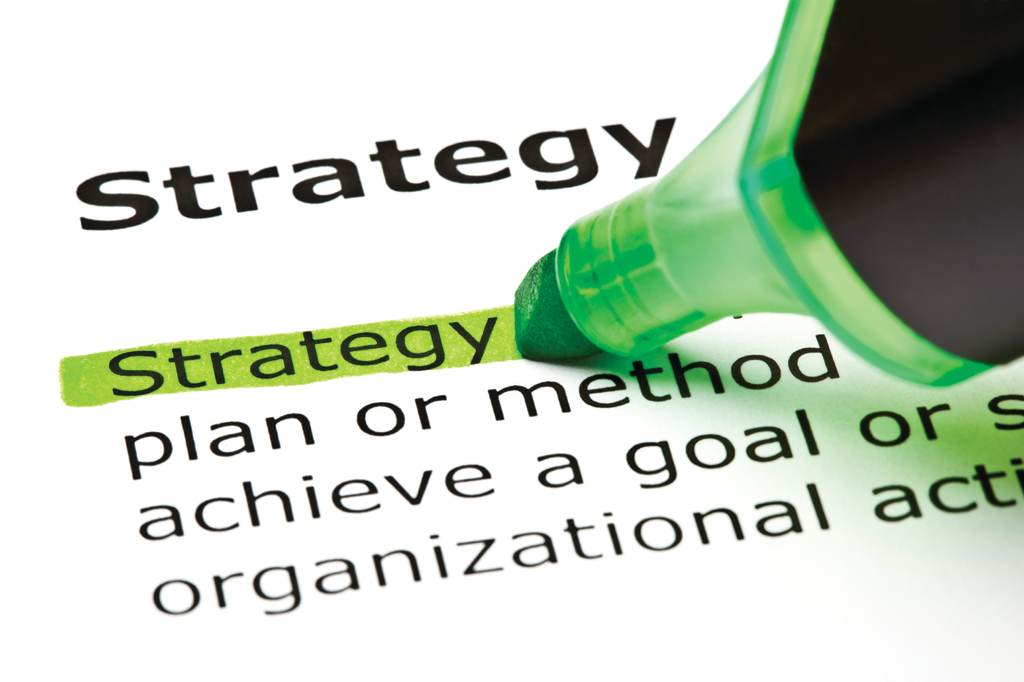Discussions on the future of the accounting profession place a lot of emphasis on the transition from technical advisor to consultant for client-facing roles. Have you considered how your internal roles can make the same transition?
At Boomer Consulting, we have several team members with a Project Manager role. These team members are very technically adept in their client management roles, but it doesn’t end there. They’re a tremendous asset to our consultants because they know what’s valuable to us and look for solutions to address our pain points. Sound familiar?
So how can you help your technical resource experts transition into more consultative roles internally? It starts with an understanding of the firm of today versus the firm of tomorrow.
Firm of today
The firm of today is a pyramid structure, composed of strategists (partners), relationship builders (managers/senior managers), thinkers and analyzers (senior staff), and doers (preparers).
Outsourcing and automation are chipping away at the bottom corners of the triangle. Many of the functions currently performed by your internal team are being outsourced to managed service providers, consultants and project teams. Others are being automated to self-service support tools and automated workflow technologies.
Firm of tomorrow
What remains in the firm after outsourcing and automation is a diamond structure composed of strategists and thinkers/analyzers.
The strategists are now your consultants, advisors and business developers. Thinkers and analyzers are the administrators, project managers and business analysts.
This elevation of roles requires that we equip our people with the skills, knowledge and confidence to be successful in the firm of tomorrow.
Skills of tomorrow
As a technical advisor, your people may be adept in areas such as time management, attention to detail, being trustworthy and knowing the rules. Those skills still have value, but they’re not enough to carry us into more consultative roles.
Consulting is relationship-driven. There’s no way around it: everyone on your team needs to possess strong relationships skills. Building these skills may feel quite foreign to some people since educational experiences and even on-the-job training often focuses primarily on the technical areas of development. But a consultant is valued not just for having sound expertise but also for how they present that expertise and the effectiveness of the relationship over time.
Look for opportunities to develop these skills in your internal team:
- Communication. This includes active listening and the ability to communicate ideas to others. Internal consultants need to know how to ask open-ended questions, paraphrase and use verbal and nonverbal signals to engage others. They need to be able to convert facts into feelings and share information through storytelling and analogies. This will help to develop internal relationships and build trust.
- Collaboration. The ability to work with other people to complete a task with the end results being stronger due to collective thinking. Understanding and valuing the roles other team members play and the unique contributions each people makes.
- Continuous learning. The pace of change is accelerating faster and faster. Internal consultants need to be aware of what is going on and then adjust accordingly. The firm of tomorrow requires proactive rather than reactive learning.
- Simplicity. Finding simple and practical ways to cut down on complexity. When you add new software and technology, ensure you’ve aligned and updated processes. This improves efficiency and improves quality of work as well.
Many leaders in the profession, including the AICPA and state societies, recognize the core skills gap we’re facing and have developed training programs to bridge the gap. The most successful firms view training as an excellent investment with significant cultural and financial returns. Look for opportunities to skill up not just your client-facing team members, but your internally focused team members as well. Seek outside perspectives, join a peer network, and encourage a learning culture firm-wide.
When you develop your people to be more consultative internally, they can be more anticipatory to your client-facing advisors, consultants and business developers. This is what differentiates the firm of today from the frim of tomorrow.
Thanks for reading CPA Practice Advisor!
Subscribe Already registered? Log In
Need more information? Read the FAQs





